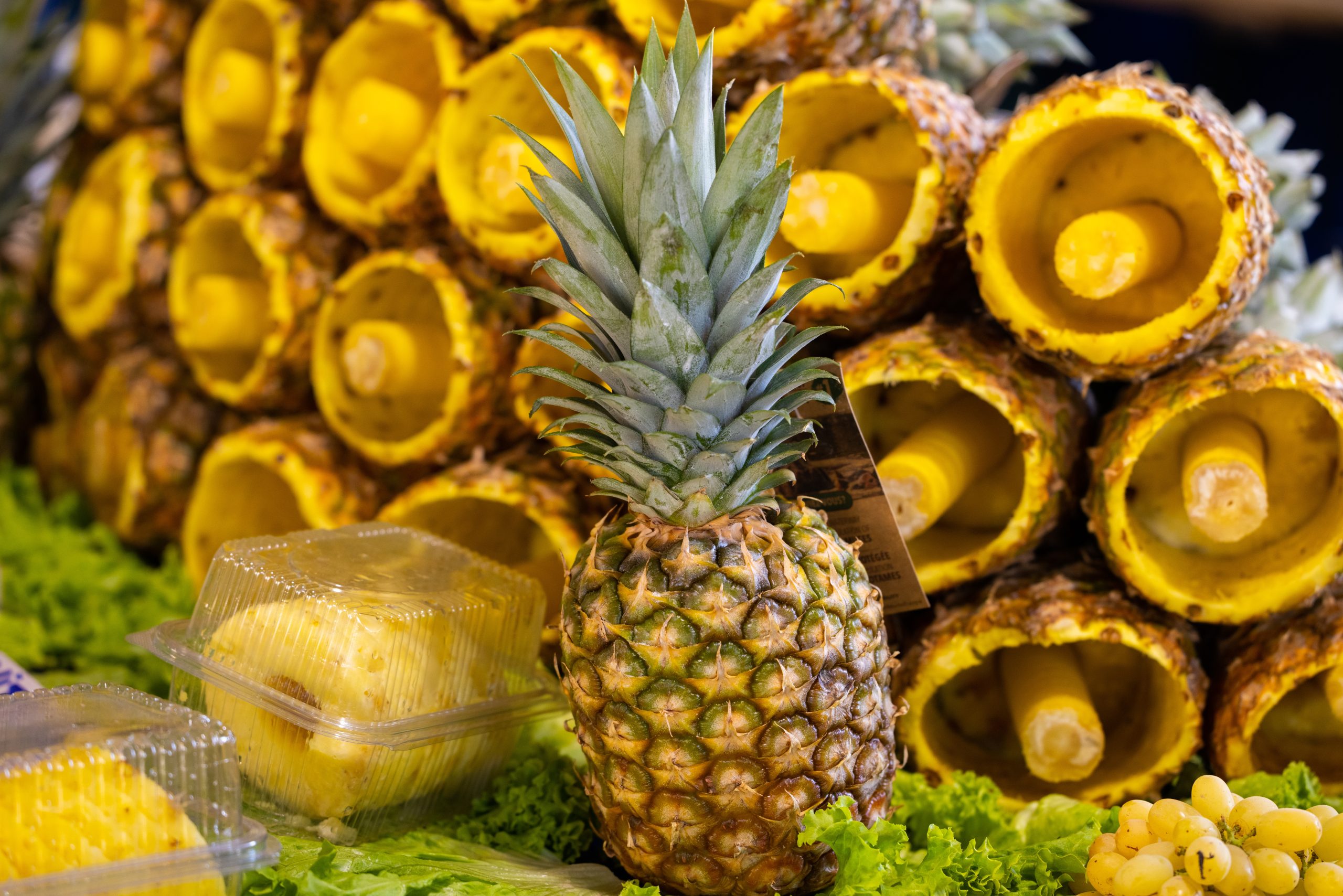- 1 May 2023
- 65
Meal Planning for a Successful Renal Diet

Following a renal diet can be challenging, especially when it comes to meal planning. But with a little bit of preparation and creativity, it’s possible to enjoy a variety of delicious and kidney-friendly meals. Here are some tips to help you plan and prepare meals for a successful renal diet:
- Work with a registered dietitian: A registered dietitian can help you develop a personalized nutrition plan that meets your individual needs and preferences. They can also provide guidance on meal planning and offer tips and tricks for making kidney-friendly meals.
- Plan ahead: Take some time each week to plan out your meals and snacks. This will help you stay on track and avoid making unhealthy choices when you’re hungry and pressed for time.
- Stock up on kidney-friendly foods: Keep your pantry and fridge stocked with kidney-friendly foods such as fresh or frozen fruits and vegetables, whole grains, lean protein sources, and low-sodium soups and broths.
- Get creative with seasonings: Kidney-friendly diets can be low in sodium, which can make meals taste bland. Experiment with different seasonings such as herbs, spices, and citrus to add flavor without adding sodium.
- Try new recipes: Don’t be afraid to try new recipes and experiment with different ingredients. There are many kidney-friendly recipes available online and in cookbooks that can help you add variety to your meals.
- Prep meals in advance: Prepare meals in advance and store them in individual containers for easy grab-and-go meals throughout the week. This can save you time and help you avoid unhealthy choices when you’re short on time.
- Monitor portion sizes: It’s important to monitor portion sizes when following a renal diet. Use measuring cups and a food scale to ensure you’re eating the appropriate portion sizes for your individual needs and preferences.
- Stay hydrated: Drinking enough water is important for kidney function, but it’s also important to monitor your fluid intake to avoid putting strain on the kidneys. Work with a registered dietitian or doctor to determine the appropriate amount of fluid for you based on your individual needs and CKD stage.
In addition to these tips, it’s also important to maintain a healthy lifestyle by staying active, getting enough sleep, and managing stress. By making small, sustainable changes to your diet and lifestyle, you can help manage CKD and improve your overall health and wellbeing.
In conclusion, meal planning is an important aspect of following a renal diet. Work with a registered dietitian, plan ahead, stock up on kidney-friendly foods, get creative with seasonings, try new recipes, prep meals in advance, monitor portion sizes, and stay hydrated. By incorporating these tips into your routine, you can enjoy a variety of delicious and kidney-friendly meals while managing CKD and improving your overall health.

